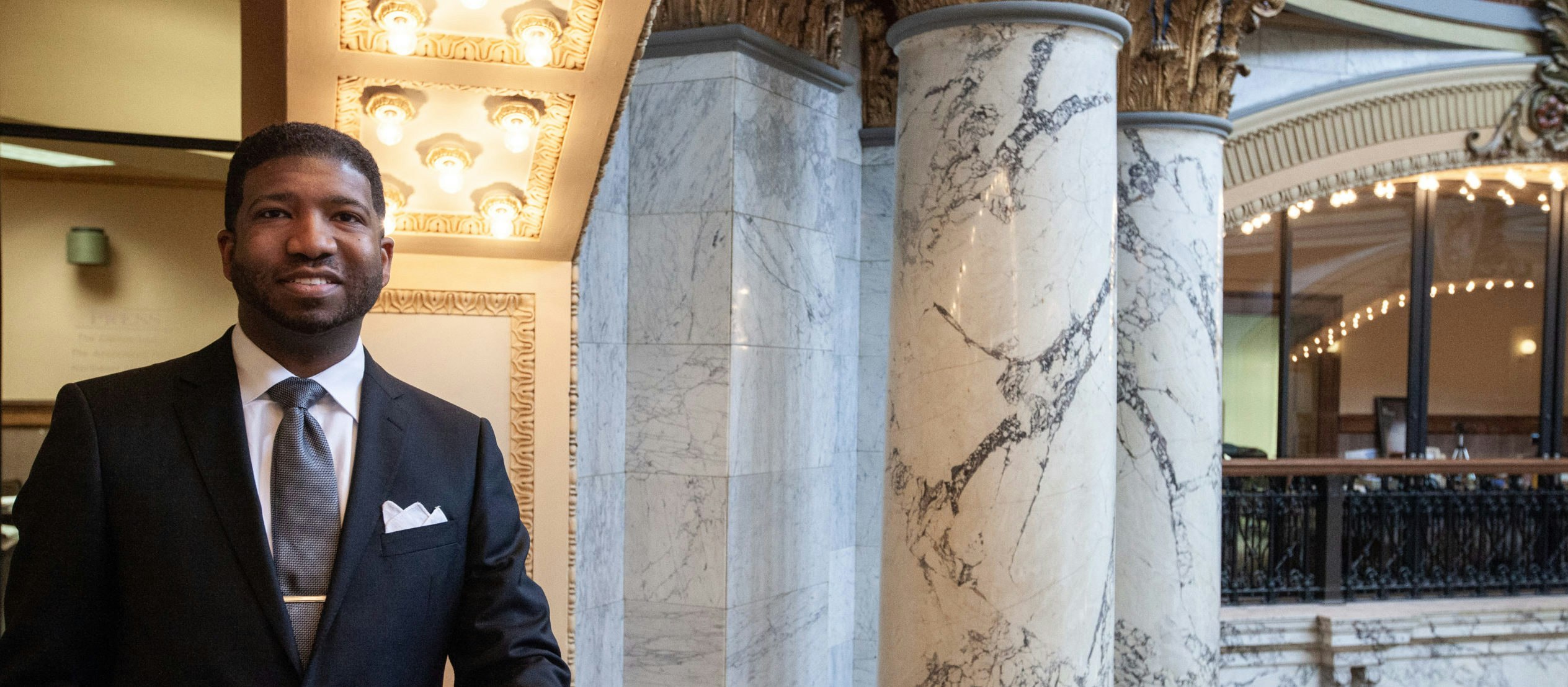“This moment of global crisis must remind us that we are all continually seeking redemption, and that we are called to love and serve our neighbors.”
Like millions of Americans across our country, I’ve experienced the last few weeks with a mix of deep concern and grief, but also hopefulness, as we navigate a truly unprecedented shift in our daily lives in the midst of the coronavirus pandemic. April 1 marks the beginning of Second Chance Month, a nationwide effort to raise awareness of the harmful collateral consequences of a criminal conviction, and unlock opportunities for people impacted by our badly broken criminal justice system. Disturbingly, the millions of people who are currently incarcerated across the U.S. – our neighbors, friends, and loved ones – are particularly vulnerable to this ferocious pandemic. Now, more than ever, this moment of global crisis must remind us that we are all continually seeking redemption, and that we are called to love and serve our neighbors.
In this time of uncertainty, it’s been a blessing to witness how Americans from all walks of life have shown love for each other: healthcare professionals, first responders, and grocery and sanitation workers are showing up on the frontlines to combat COVID-19, and millions of others have stepped up by staying home to help slow the spread of the virus to keep our more vulnerable neighbors, like the elderly and immunocompromised, safe.
Unfortunately, the 2.3 million people across our country who are incarcerated largely haven’t been extended similar protections, and they are tremendously susceptible to infection and terrible harm during this health emergency. Locked up in close quarters, with oftentimes little to no access to products that would help them meet basic hygiene standards, or no real opportunity to practice social distancing, people who are currently incarcerated are among those at the highest risk of contracting and spreading the highly-contagious COVID-19. News reports show us that this crisis is already striking people who are incarcerated in prisons and jails across the country, not to mention jail and prison staff who travel from prisons to their communities and back every day. Our elected leaders must take bold action to save lives and prevent further suffering.
